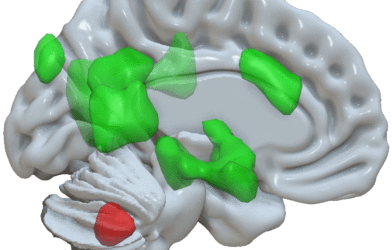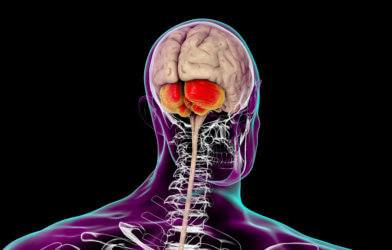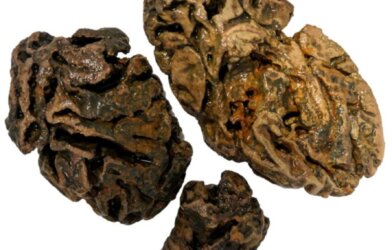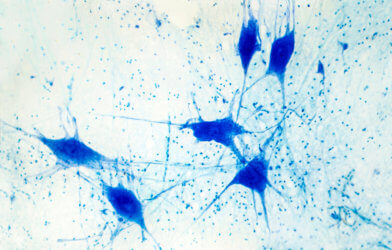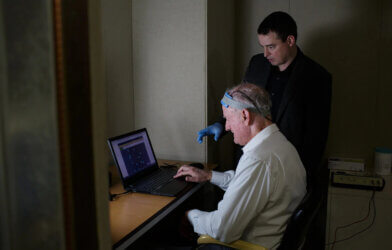Do you want to live like Tom Brady? Start with sleeping like Tom Brady. “Proper sleep has helped me get to where I am today as an athlete, and it is something that I continue to rely on every day,” he’s been quoted as saying. He’s also declared that, “Sleep is all about recovering. So, if you’re not sleeping, you’re not recovering.”
Henny Youngman has a different perspective: “If you’re going to do something tonight that you’ll be sorry for tomorrow morning, sleep late.”
Healthy sleep is a physiologic need. Sleep problems are linked to mental health disorders, cardiovascular diseases, metabolic diseases, and other disorders. One of the most elusive issues in sleep physiology is how deep sleep is regulated by the brain. A study led by Harvard Medical School (HMS) researchers at VA Boston Healthcare System is leading to understanding.
The work, in mice, identifies an area in the brain that regulates oscillations of delta waves—electrical signals that arise during the deepest phases of relaxation. They are pathognomonic of restorative sleep.
Researchers focused on the thalamus, a structure in the brain that regulates sleep and wakefulness. Using CRISPR-Cas9 gene editing, the researchers disrupted a gene that codes for a protein associated with the inhibitory neurotransmitter GABA. Disruption of this gene in mice boosted the activity of delta waves, enhancing deep sleep. The findings could lead to therapies that precision-target this protein to induce deep sleep.
“Our findings represent an important step pinpointing the molecular basis of sleep regulation and point to an alternative pharmacologic strategy for promoting natural, restorative sleep,” says senior investigator Radhika Basheer, an associate professor of psychiatry at HMS, in a statement.
New sleep-disorder therapies are urgently needed. Commonly used insomnia medicines have well-known adverse consequences. Many induce sleep fast but interfere with the restorative sleep evidenced by delta waves. The sleep induced is not necessarily restorative.
“We believe our findings set the stage for developing a new class of sleep medicines that can achieve this all-important maintenance of deep sleep by boosting delta wave oscillations,” says Basheer.
The research is published in the journal Nature Communications.

